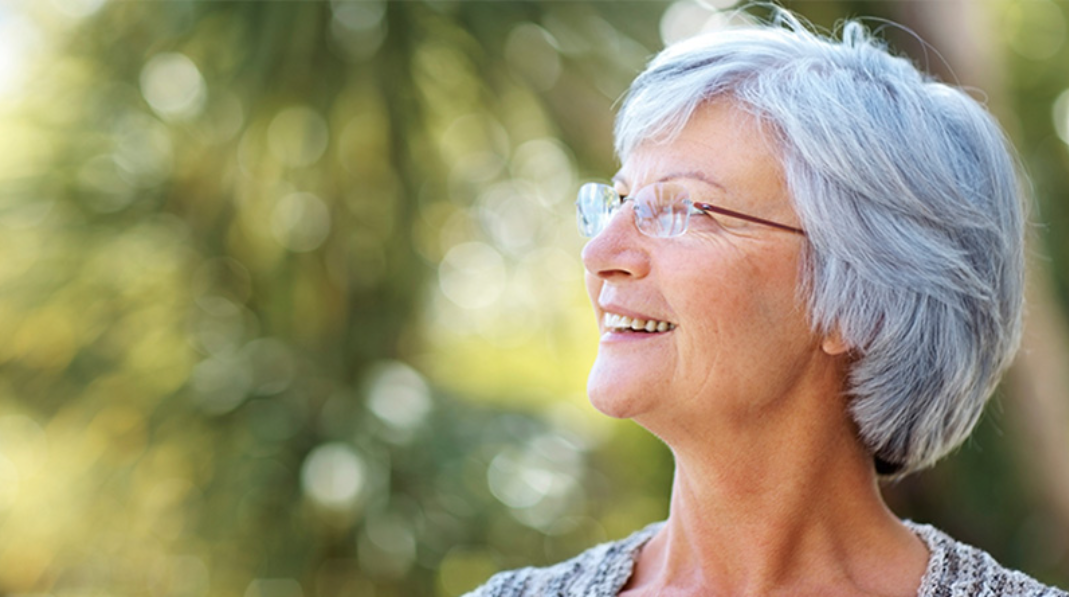Even the healthiest of us struggle with this common riddle: you go to the gym and eat well, but the scale barely moves. What if I said that the answer to your weight loss problem isn’t more repetitions or a stricter eating plan? It’s NEAT. What is NEAT?
NEAT (Non-Exercise Activities Thermogenesis) is the unsung hero behind our daily movements. It is not captured by a gym or a mat. It’s all the energy we use in everyday activities that aren’t sleep, eating or exercise. Imagine the simple act that you do when you pace to ponder over a problem. Or the extra steps you take when parking further away. Or even the fidgeting you do while reading this article. NEAT is a collection of seemingly insignificant acts.
Why does NEAT have the power to help you lose weight and increase your cellular energy? The answer lies in the body’s complex relationship with movement. Every time we move, the mitochondria receive a signal to increase energy production. They work tirelessly to keep pace with our pace. This constant engagement does not only burn calories, but also keeps our cell vibrant and free of harmful byproducts from energy production called ROS.
Let’s dive deeper into the world NEAT by using real-life examples. Consider the housekeepers in a hotel, who were told by Stanford psychologist Alia Crum, Ph.D. that their work constituted exercise. They not only burnt more calories than the control group, but also experienced a greater increase in fitness. NEAT is about seeing everyday tasks as an opportunity to improve health and vitality.

Let’s now bring NEAT to the societal framework. In our fast-paced screen-dominated culture it’s easy for us to fall into the sedentary habit. NEAT encourages us to be more active, even if that means walking to the grocery store or taking the stairs. These small changes in behavior can have a profound effect on our health and happiness.
How can we harness NEAT’s spark in our daily lives today? Here are some simple steps to take: Cook your meals from scratch, reduce screen time and set a 30-minute timer to remind yourself to move. Take your dog on a walk, or get up during commercial breaks to stretch. Each of these actions will not only increase your NEAT, but also align you with your natural hunger cues and foster a healthier relationship to food.
NEAT is more than a buzzword. It’s a way of life. It’s about appreciating every movement, whether it’s the biggest strides or the smallest twitches. It’s all about connecting with our body in a way which is both instinctual and revolutionary.
Don’t forget to consider the emotional side of this. NEAT is more than just physical health. It’s also about a zest of life. It’s all about the joy of moving and the satisfaction that comes from living fully in your body.
Are you ready to unlock your spark factor? To make each step, every movement, count towards a more vibrant, healthier you? Subscribe to our journey towards health optimization and personalized medical care. Discover how small changes to your daily routines can have a profound impact on your health.
You can unleash the power of NEAT. Are you ready to ignite that spark within?






